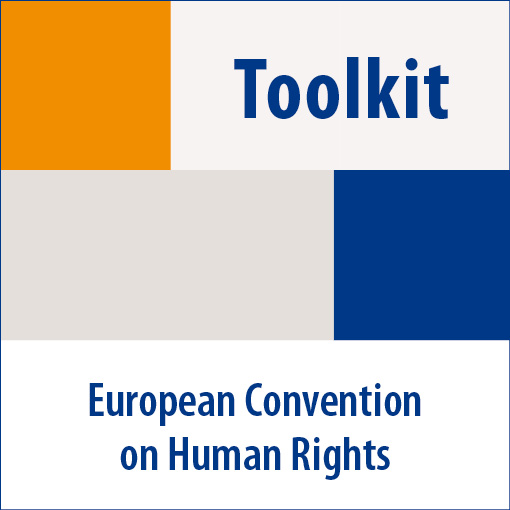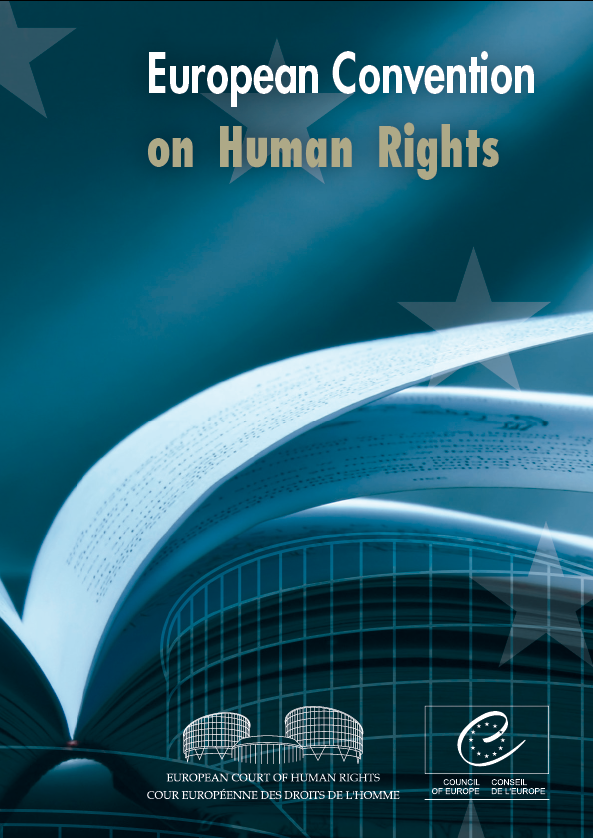Paragraph 1 is in two parts:
- an unqualified right to freedom of thought, conscience and religion, which includes the freedom to change one's religion or belief;
- a qualified right to manifest one's religion or belief, alone or with others, publicly or in private, in worship, teaching, practice and observance.
Only the second right is subject to the qualifications in paragraph 2.
The Court has avoided defining "religion and belief" and has accepted many as qualifying – not just well-established world faiths like Christianity, Judaism and Islam but newer ones like Jehovah's Witnesses and Scientology. Among beliefs it has accepted pacifism, veganism and opposition to abortion but not advocacy of assisted suicide.
Generally it is direct manifestations of religion or belief that are protected, for example, wearing a cross, turban or Islamic veil or having a kosher diet, not indirect ones like distributing pacifist leaflets to soldiers, as opposed to proclaiming pacifist principles.
Paragraph 2 is in the common form.
Any restriction of the right must be prescribed by law. Thus, where officials broke up a meeting of Jehovah's Witnesses on lawfully rented premises with no legal authority, there was a breach (Kuznetsov and others v. Russia).
The legitimate aims listed are public safety, the protection of public order, health or morals and the protection of the rights and freedoms of others.
Restrictions which have been upheld include:
- forbidding a nurse from wearing a cross which could pose a health risk to patients;
- curbs on religious dress, especially the wearing of the Islamic veil in schools or universities, where the Court has given a wide discretion to governments on grounds of the rights and freedoms of others;
- forbidding a prisoner from conducting religious rituals which disturbed others.
Restrictions not upheld include:
- a person prosecuted for "proselytism" when he was merely seeking to persuade others of the virtues of his beliefs;
- An airline check-in clerk who was not allowed to wear a cross because of company policy;
- Refusing to grant a prisoner's request for a meat-free diet.
Issues of belief and its manifestation are often controversial and sensitive, especially in an increasingly pluralist society. Officials need to be sure they have clear legal authority before applying restrictions, as well as a legitimate aim proportionately applied.




